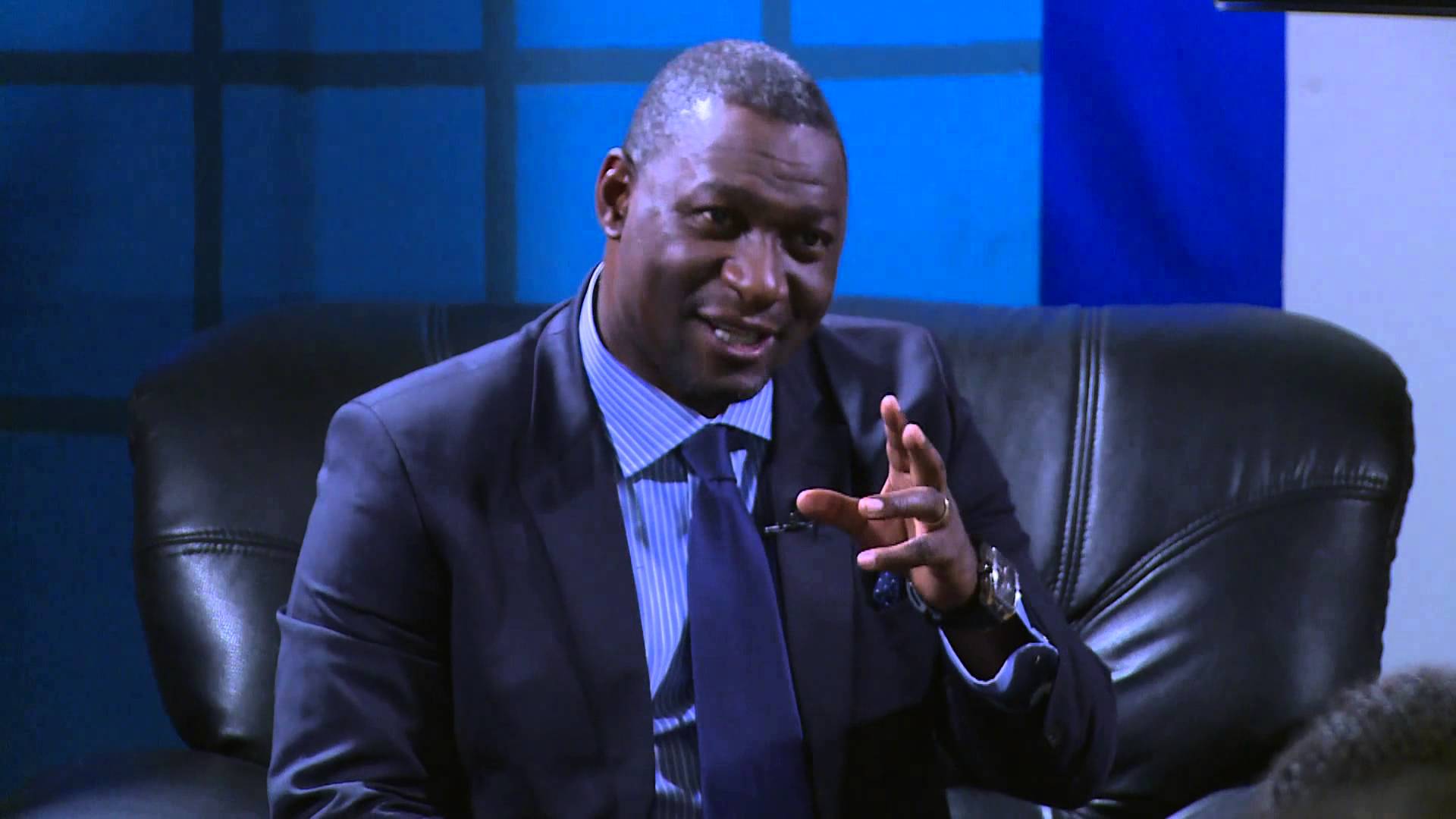The cost of mobile and internet-based financial services is set for a significant drop after Government directed that the charge for Unstructured Supplementary Service Data (USSD), the technology platform used to facilitate on-line transacting, was whittled by as much as 60 percent.
Consequently, the Postal and Telecommunications Regulatory Authority of Zimbabwe has engaged all banks and other financial institutions to take note of the development and pass on the reduction to customers.
The majority of financial and other transactions in Zimbabwe, 96 percent at the last official count, are conducted predominantly through mobile phones, and to some extent via the internet, hence current efforts by President Mnangagwa's administration to cut the cost of such transactions.
With Zimbabwe, which uses a basket of foreign currencies dominated by the US dollar, battling serious cash shortages, the majority of people have little choice but to use mobile phones to conduct virtually all their daily transactions and such transactions (especially payments), ride on the USSD platform.
Government also directed significant cuts on other telecoms services, including out of bundle data (down 60 percent) and national interconnection rate (cut by 50 percent), as part of efforts to make information communication technology (ICT) services, now critical for modern day businesses, cheaper than they have been. Other charges such as short message service, fixed voice charges and Internet/data charges for Internet access service providers will either be reviewed in future or left market forces to decide.
This directive for reduction of USSD and other communication charges comes after the Postal and Telecommunications Regulatory Authority of Zimbabwe (Potraz) concluded a cost modelling exercise for telecommunication network services in Zimbabwe covering mobile, fixed and Internet Access networks. The costing exercise was done by Germany technology firm Detecon International and was premised on the Long Run Incremental Costing (LRIC) models that were built in 2014 by Detecon.
Potraz re-engaged Detecon in 2017 to update the LRIC cost models on account of emerging market trends in terms of changing consumer behaviour, which is moving from being voice-centric to being data-centric and technological evolution The charge for USSD, currently considered the best available technology to deliver mobile and Internet financial services, was cut from 12,5 cents to 5 cents per session.
The Reserve Bank is expected to give a directive to all financial institutions to adjust the USSD charge on customers in line with the directive issued by Government. Information Communication Technology, Postal and Courier Services Minister Supa Mandiwanzira, while announcing the directive for the reduction of the telecoms services, said the huge demand for ICT services required that they be affordable and of the highest quality possible.
"The USSD charges threshold shall be reduced from the current 12,5 cents per session to 5 cents per session.
"This is meant to address the high transaction cost of e-payments and increase financial inclusion.
"To ensure that this reduction benefits the transacting public, the authority has engaged the Reserve Bank of Zimbabwe who will engage financial service providers so that the reduction is passed on to the transacting public," the minister said.
Minister Mandiwanzira said the supply push side of the equation dealt with the universalisation of ICT services and the provision of high quality services.
"There is, also the demand-pull aspects of the equation. "The demand-pull side covers issues to do with service affordability and the provision of high quality relevant services that make life easier for the people.
"Hence, the need to strike a fine balance between operator's viability and service affordability and quality," he said.
According to blog site CGAP First, when one dials a number that starts with * and ends with #, they essentially are using USSD, which is the best available communications technology to deliver mobile financial services to low-income customers.
"With the notable exception of M-Pesa in Kenya, the majority of large scale mobile financial services deployments in the developing world use USSD as their primary mechanism for communication between customers and their mobile payments platform.
"These include bKash in Bangladesh; Wing in Cambodia; Easy Paisa in Pakistan; Tigo and M-Pesa in Tanzania and EcoCash in Zimbabwe, to name a few," said CGAP.
The Minister said out of bundle mobile data charges threshold shall be reduced from the current average rate of 12,5 cents per Megabyte to 5 cents per Megabyte exclusive of all taxes.
This applies to internet/data that is used outside the WhatsApp, Facebook and Twitter bundles among others. The national interconnection rate shall be reduced from the current 4 cents per minute to 2 cents per minute exclusive of all taxes. This applies across all interconnecting operators.
- the herald
 Concern over Masvingo black market
Concern over Masvingo black market  Kenya declares three days of mourning for Mugabe
Kenya declares three days of mourning for Mugabe  UK's Boris Johnson quits over Brexit stretegy
UK's Boris Johnson quits over Brexit stretegy  SecZim licences VFEX
SecZim licences VFEX  Zimbabwe abandons debt relief initiative
Zimbabwe abandons debt relief initiative  European Investment Bank warms up to Zimbabwe
European Investment Bank warms up to Zimbabwe  Young Investment Professional (YIP) Graduate Programme 2019
Young Investment Professional (YIP) Graduate Programme 2019 











 Young Investment Professional (YIP) Graduate Programme 2019
Young Investment Professional (YIP) Graduate Programme 2019
Editor's Pick